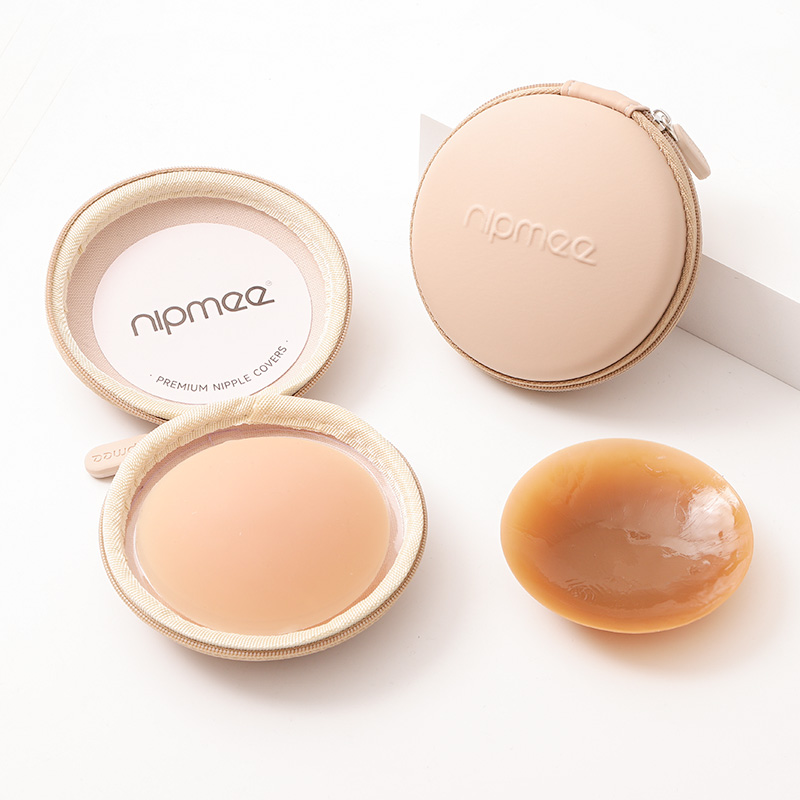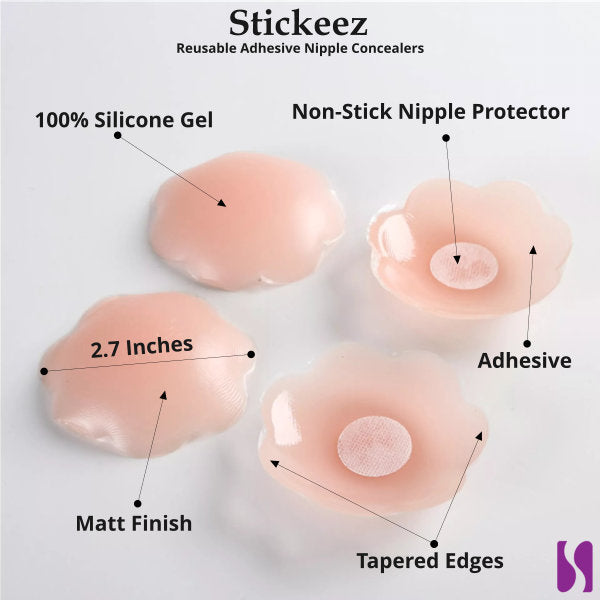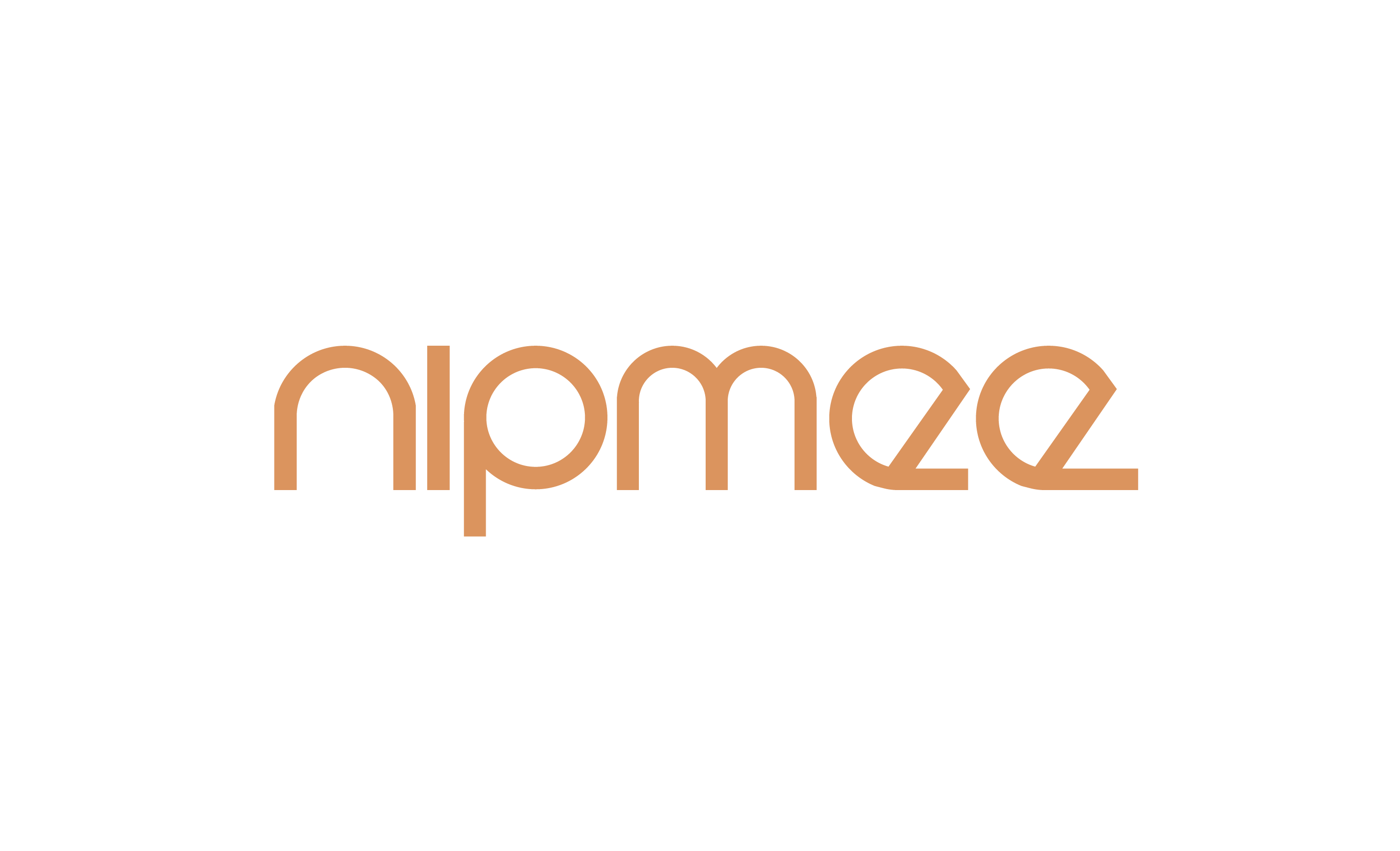Yes, nipple covers are reusable. They can be cleaned and worn multiple times. This article will guide you on whether are nipple covers reusable.
Nipple covers provide a practical solution for those seeking a discreet look under clothing. Made from silicone or fabric, they offer comfort and coverage without the need for a bra. Reusability makes them cost-effective and eco-friendly. Cleaning is simple, usually requiring mild soap and water.
Many find them ideal for backless, strapless, and sheer outfits. Their adhesive quality ensures they stay in place while being gentle on the skin. With proper care, nipple covers can last through many uses. They are a versatile addition to any wardrobe, offering both convenience and confidence.
Introduction To Nipple Covers
Nipple covers are gaining popularity in fashion and daily wear. They provide discreet coverage and comfort. Understanding their uses can help you make the best choice.
What Are Nipple Covers?
Nipple covers are small adhesive pads. They are designed to cover the nipple area. They offer a smooth look under clothes. They come in various shapes, sizes, and materials.
Here are some common materials:
- Silicone
- Fabric
- Foam
Silicone covers are popular for their reusable nature. Fabric covers are often disposable. Foam covers provide extra padding.
Each type has its own benefits. Choose the one that fits your needs best.
Popular Uses
Nipple covers are versatile. They serve many purposes. Here are some popular uses:
| Use | Description |
|---|---|
| Under Sheer Clothing | Provides discreet coverage under thin fabrics. |
| For Braless Outfits | Offers support and coverage without a bra. |
| During Workouts | Prevents chafing and offers comfort. |
| Special Occasions | Perfect for weddings or formal events. |
These uses show their versatility. They offer a solution for various situations.
Choose nipple covers based on your needs. They add comfort and confidence to your wardrobe.

Types Of Nipple Covers
Nipple covers have become a popular solution for fashion and comfort. They offer discretion under various outfits. Understanding the types of nipple covers is essential for making the best choice. Here, we will explore different types, focusing on silicone and fabric options.
Silicone Nipple Covers
Silicone nipple covers are a favorite for their realistic feel. They are made from soft, flexible silicone. This material mimics the skin’s texture.
These covers usually have a self-adhesive backing. They stick directly to the skin without any additional adhesive. This makes them easy to use and reposition.
Silicone nipple covers are water-resistant. They can be worn under swimsuits or during workouts. They are also reusable. After each use, wash them with mild soap and water. Let them air dry, and they are ready for the next use.
Here is a quick overview of their features:
| Feature | Details |
|---|---|
| Material | Silicone |
| Adhesive | Self-adhesive |
| Water-resistant | Yes |
| Reusable | Yes |
Fabric Nipple Covers
Fabric nipple covers offer a different set of benefits. They are made from soft, breathable materials like cotton or nylon.
These covers are lightweight and comfortable. They are ideal for sensitive skin. They usually come with a gentle adhesive. This ensures they stay in place without causing irritation.
Fabric nipple covers are also reusable. After each use, they can be hand-washed with mild detergent. They should be air-dried to maintain their adhesive properties.
Here is a summary of their features:
| Feature | Details |
|---|---|
| Material | Cotton, Nylon |
| Adhesive | Gentle adhesive |
| Breathable | Yes |
| Reusable | Yes |
Reusability Factors
Understanding the reusability factors of nipple covers can help you make informed decisions. These factors largely depend on material quality and adhesive strength. Let’s dive into these crucial aspects.
Material Quality
The type of material used in nipple covers plays a significant role in their reusability. High-quality materials like silicone and satin are often reusable. They provide better comfort and durability. These materials can withstand multiple uses without losing their shape or effectiveness.
Here’s a table summarizing the material types and their reusability:
| Material Type | Reusability |
|---|---|
| Silicone | High |
| Satin | Medium |
| Fabric | Low |
Adhesive Strength
The adhesive used in nipple covers is crucial for their reusability. Strong adhesives can be reused many times. They provide a secure fit and can be washed and dried.
Consider these points when evaluating adhesive strength:
- Waterproof adhesives last longer.
- Non-toxic adhesives are safer for the skin.
- Adhesives with strong bonding properties ensure multiple uses.
Proper care can extend the life of adhesive nipple covers. Clean them with mild soap and water. Allow them to air dry before reusing.
How To Clean Nipple Covers
Keeping your nipple covers clean is essential for hygiene and longevity. Different types of nipple covers require different cleaning methods. Below, we will guide you on how to clean silicone and fabric nipple covers.
Cleaning Silicone Covers
Silicone nipple covers are popular due to their durability and comfort. To keep them clean:
- Rinse with warm water to remove surface dirt.
- Use a mild soap to gently clean them.
- Rub the soap in circular motions with your fingers.
- Rinse thoroughly to remove all soap residue.
- Shake off excess water and air dry.
- Store in a clean, dry place to maintain their shape.
Cleaning Fabric Covers
Fabric nipple covers are soft and often reusable. Follow these steps to clean them:
- Hand wash with lukewarm water and mild detergent.
- Gently rub the fabric to remove any stains.
- Avoid twisting or wringing the fabric.
- Rinse thoroughly to remove detergent residue.
- Lay flat on a clean towel to dry.
- Store them in a breathable bag to keep them fresh.
| Type of Cover | Cleaning Method |
|---|---|
| Silicone | Rinse, mild soap, air dry |
| Fabric | Hand wash, gentle rub, flat dry |
By following these simple steps, your nipple covers will stay clean and reusable.
Proper Storage Tips
Reusable nipple covers are a must-have. They are convenient and comfortable. Proper storage ensures they last longer. Follow these tips to keep your nipple covers in great shape.
Storage For Silicone Covers
Silicone nipple covers need special care. Here are some tips:
- Keep them in their original packaging.
- Store in a cool, dry place.
- Avoid direct sunlight.
- Use a small container for extra protection.
Storage For Fabric Covers
Fabric nipple covers are more delicate. Follow these steps:
- Wash them gently after each use.
- Air-dry completely before storing.
- Place in a breathable fabric pouch.
- Store in a dry, dark area.

Credit: shapeez.ca
Signs To Replace Nipple Covers
Wondering if your nipple covers need a replacement? Knowing the signs is crucial. Here are the key indicators that it’s time to replace your nipple covers.
Wear And Tear
Nipple covers, like any accessory, suffer wear and tear. Visible damage like cracks or tears means it’s time for new ones. Edges curling up is another sign. These issues affect their effectiveness.
Loss Of Adhesiveness
Adhesiveness is vital for nipple covers. If they don’t stick well, they won’t stay in place. Check if they fall off easily. This indicates a loss of stickiness. Cleaning them often can also reduce their grip.
Environmental Impact
Nipple covers have become popular for their convenience. But their environmental impact is a concern. Many nipple covers are made from non-biodegradable materials. This means they contribute to landfill waste. Reusable nipple covers are a better option. They reduce waste and are more sustainable.
Sustainable Options
Choosing reusable nipple covers can be an eco-friendly choice. Look for silicone and fabric options. These materials are durable and long-lasting. Silicone covers can be washed and reused multiple times. Fabric covers often come in natural materials like cotton or bamboo. These materials are biodegradable and less harmful to the environment.
| Material | Eco-friendliness |
|---|---|
| Silicone | Reusable, long-lasting |
| Fabric (Cotton/Bamboo) | Biodegradable, natural |
Recycling Tips
When it’s time to dispose of nipple covers, recycling is important. Silicone nipple covers can sometimes be recycled. Check with local recycling centers. They may accept silicone for special processing. Fabric nipple covers can be composted if they are made from natural materials. Cut them into small pieces to speed up decomposition.
- Check local recycling guidelines for silicone
- Compost natural fabric covers
- Reuse covers as cleaning rags before disposal
Following these tips can help reduce environmental impact. Always look for sustainable and reusable options. This small change can make a big difference for our planet.

Credit: www.beingbridget.com
Frequently Asked Questions
How Long Can You Reuse Nipple Covers?
Nipple covers can be reused up to 25 times. Usage depends on the quality and care. Always follow the manufacturer’s instructions for best results.
How Many Times Can You Use Nipple Covers?
Nipple covers can typically be used up to 25 times. Proper care and cleaning extend their lifespan.
Can You Rewear Nipple Covers?
Yes, you can re-wear nipple covers if they are reusable. Clean them after each use for better adhesion.
Do You Have To Wash Nipple Covers After Every Use?
Yes, wash nipple covers after each use. This ensures hygiene and maintains their adhesive quality. Always follow care instructions.
Conclusion
Nipple covers can be a practical and reusable solution. Proper care and cleaning extend their lifespan. Choose high-quality materials for the best experience. Always store them in a cool, dry place. Reusable nipple covers are a cost-effective and eco-friendly option, making them a smart choice for many.
